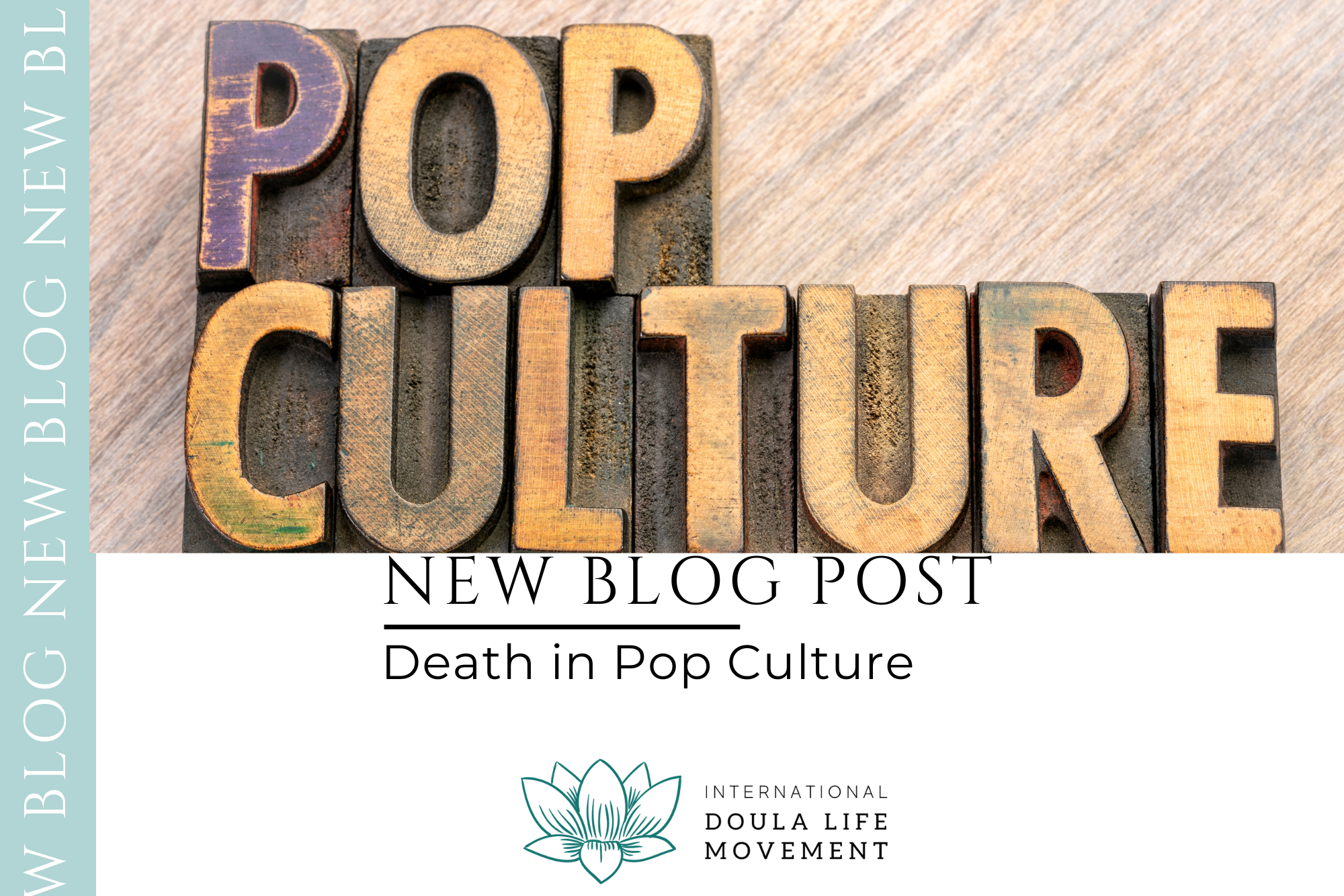This past week I was speaking to an acquaintance, someone I have known for a while but don’t know well. Somehow it came up that I work in end of life care and death planning. The woman’s eyes lit up.
“Like Swedish Death Cleaning?” she asked.
To be honest, I don’t know much about Swedish death cleaning. I have heard of it, and I know other doulas who provide that service for clients, but in the work I have done, it just hasn’t been a thing that has come up. I knew this woman had only heard of it because of the Netflix show with Amy Poehler, and beyond that she probably didn’t know or care about end of life planning or the death positive movement.
“Yes,” I said. “Swedish death cleaning! And other stuff too! Let’s talk about it.”
It was the perfect opening! Maybe this person had never even thought about an advance care plan until she saw a cute show on Netflix, but in that case, I am super grateful that that show exists! It got this person thinking about how she needs to prepare for her own end of life, and it gave the two of us something good to connect with. Knowing her interest in the show, and in the idea of Swedish death cleaning, made it easier for me to talk with her about other important ways to prepare, like getting all her documentation in order, considering her final wishes, and naming someone as her medical power of attorney should one ever be needed. We weren’t talking about this stuff out of the blue—it all flowed naturally, out of a conversation about this television show we had both seen and enjoyed.
As death care professionals we know how important it is to meet people where they are. It can be really tough to open up these kinds of conversations without help, so when the topic of death comes up in mainstream pop culture, in shows like Amy Poehler’s Swedish Death Cleaning show, the HBO series Six Feet Under, or the Pixar movie Coco, it can provide a great opportunity. These types of shows can help people think about death in a way that is realistic (we are all going to die someday) but not too frightening (we’re talking about other people dying, not me).
Once you can get someone talking about death sort of generally, it becomes much easier to help them think about their own death—which is probably far away. So far away we’re not even worried about it. For now though, just for a minute, we’re only just asking… what if? And before you know it, you’re putting together an advance care plan!
Some of us have no problem talking about death and dying; many of us talk about it so much that it seems completely natural. But not everyone feels that way, as I am reminded every Sunday when my family gets together for our weekly Zoom chat. I don’t want to make my family uncomfortable, but I also recognize the importance of knowing people’s wishes, just in case. So I am very grateful to have sweet, gentle programs like Coco and the Swedish Death Cleaning show, that I can share with people I care about to open up these conversations.
Now I just need to find out how to get someone to pay me millions of dollars to write one!






